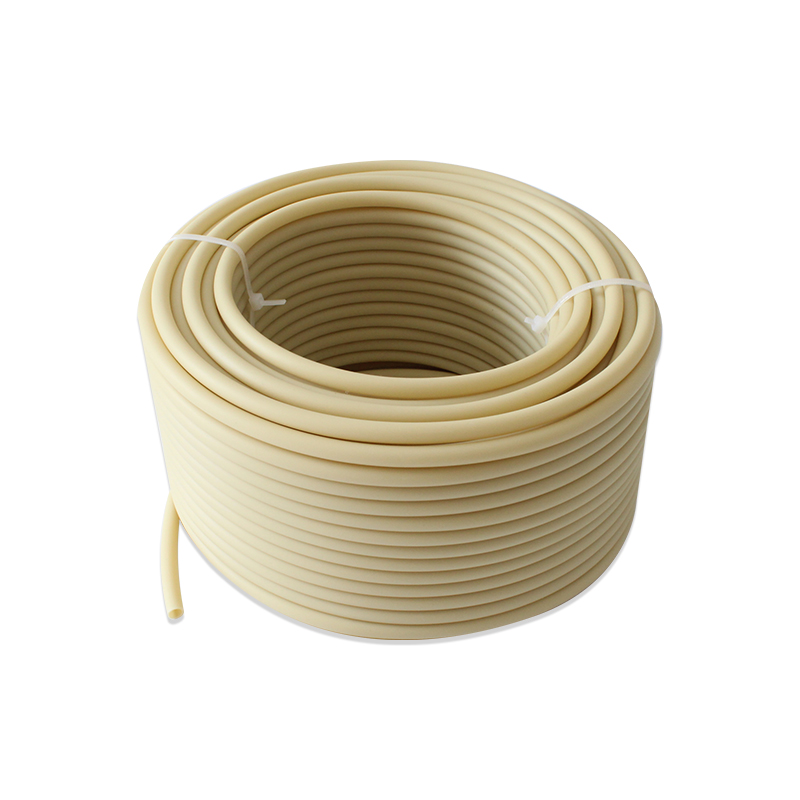As a trusted, experienced plastic extrusion manufacturer, we utilize high-performance materials and extrude flexible plastic food-grade water tubing.
We provide plastic tubing that is manufactured to meet various market standards, such as cUPC, NSF, WRAS, KTW, etc.
![How to extrude plastic tubes in our factory? 1]()
The use of plastic hoses in a factory setting offers numerous advantages compared to other materials. The primary benefit of using plastic hoses is their durability. Plastic hoses can withstand the general wear and tear that comes with moving large pieces of equipment and materials throughout a factory setting. They are also resistant to corrosive materials, meaning they can keep up with the conditions of a factory without becoming corroded or damaged.
Another advantage of plastic hoses is their flexibility. Plastic hoses can bend and twist to fit into tight spaces that may not allow for the use of rigid materials, such as metal. This allows for the installation of plastic hoses in areas where other materials would not normally be able to function. Additionally, plastic hoses can be used for long, continuous runs, which makes them great for connecting machines and other equipment in a factory setting.
Additionally, plastic hoses are lightweight. This makes them easy to move and transport when needed, and they can be used in an industrial setting without worrying about the extra weight of the material. Furthermore, they are inexpensive compared to other materials, making them a great economical choice when replacing worn-out hoses.
The last advantage of using plastic hoses in a factory setting is that they are resistant to extreme temperatures. This makes them a great choice for factories that may experience a variety of conditions. For example, if a factory requires the use of extreme temperatures, such as freezing temperatures, plastic hoses can withstand these conditions without becoming damaged or compromised.
In conclusion, plastic hoses offer numerous advantages in a factory setting. They are durable, resistant to corrosive materials, flexible, lightweight, and inexpensive. Furthermore, plastic hoses are resistant to extreme temperatures, making them a great choice for factories that work with a variety of conditions.




















